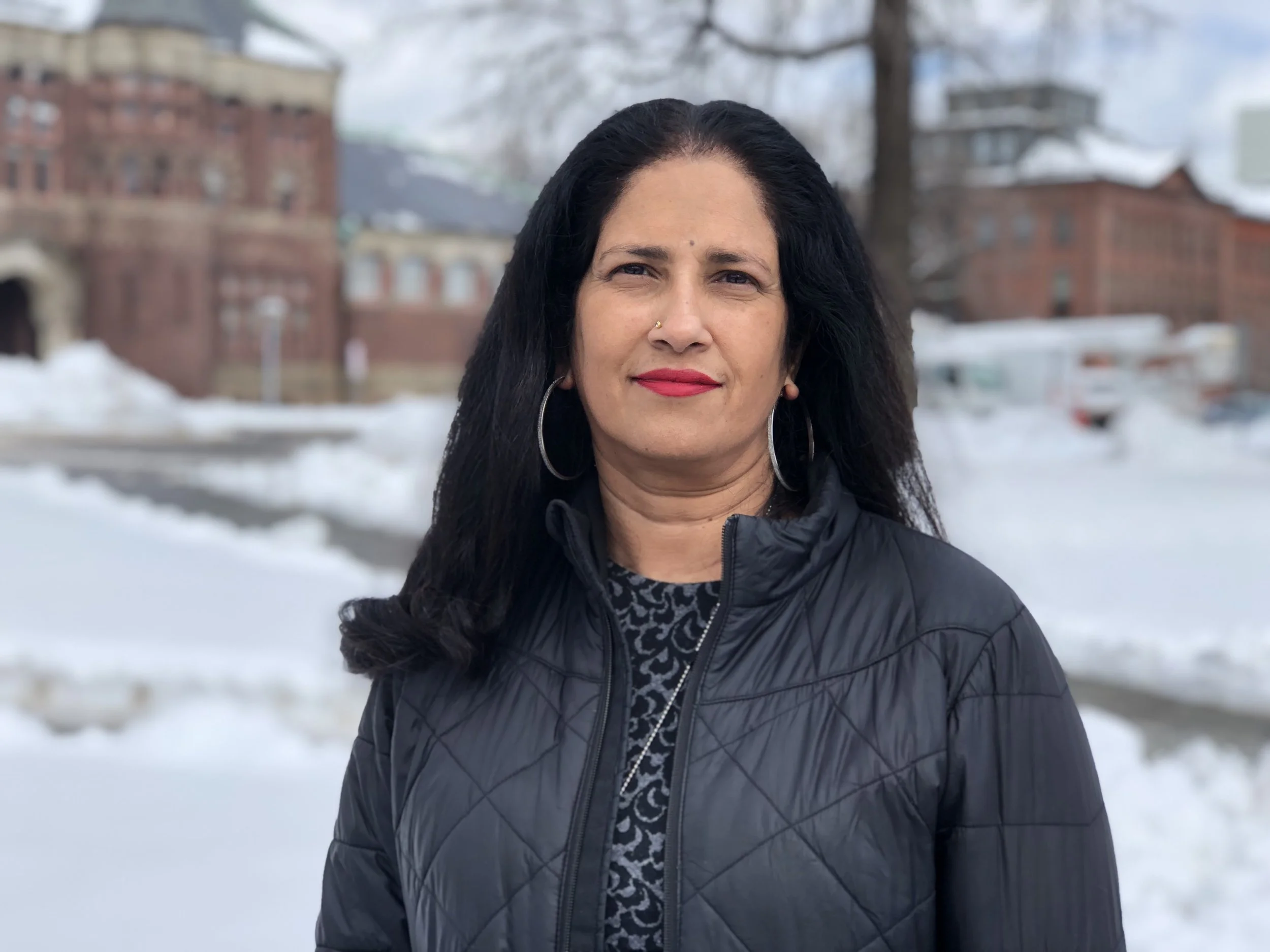A Growing Backer of Early Childhood Learning Steps up with Another Set of National Grants
/haireena/shutterstock
Editor’s Note: This article was first published on April 24, 2019.
A recent set of grants from J.B. and M.K. Pritzker is bringing together the private and public sectors in 10 states and the District of Columbia to strengthen early childhood education. The $100,000 planning grants will cover a six- to nine-month planning period with potential for further funding to implement the resulting plans.
More and more philanthropists are investing first years of a child’s life, as research reveals the influence those early years have on everything that follows. Many see early childhood interventions as a chance to reach kids before they fall behind, because once they have it’s nearly impossible to catch up.
Equity is a big factor here, as kids who come from low-income families are more likely to start kindergarten already behind their peers. The Pritzker Children’s Initiative estimates that 3 million children are at risk of starting kindergarten at a disadvantage.
Even as early childhood learning picks up momentum among foundations, the scope of grantmaking has been pretty limited and localized. There aren’t many national funders in this space and smaller funders have tended to keep their investments close to home, often in the cities where they’re based. That dynamic can leave other communities out in the cold, including those in rural regions or in states without a robust philanthropic sector.
This is why J.B. and M.K. Pritzker’s growing grantmaking for early childhood is a big deal.
Expanding National Grantmaking
J.B. Pritzker, who is one of the many heirs to the Hyatt Hotel fortune and now governor of Illinois, was an early and vocal champion of early childhood learning. He and his wife are longtime major supporters of early childhood education in their hometown, Chicago, and in recent years have been their expanding efforts across the country.
That dynamic is on display with the most recent set of grants from the Pritzker Children’s Initiative, a project from the J.B. and M.K. Pritzker Family Foundation. Planning grants will go to Arkansas, Louisiana, Maryland, Michigan, Nebraska, Nevada, Pennsylvania, Texas, Washington, Wisconsin and the District of Columbia. The funder will also continue funding the planning process in New Mexico, New Jersey and South Carolina.
Any state that didn’t have an existing relationship with the Pritzker Children Initiative was welcome to apply for the $100,000 planning grants as part of the project’s Prenatal-to-Age-Three State Grant Competition. The competition is part of the initiative's efforts to expand high-quality early childhood services to at least 1 million more families by 2023.
Of the 44 eligible states, 42 applied for the grants, a clear sign of the demand for early childhood learning on the state level, said Janet Froetscher, the family foundation’s president.
“We were well aware of the growing need to support infants and toddlers and their families, but were stunned by the enormous interest and bold thinking by states to significantly expand services to children in their earliest years,” she said in a press release. “Based on the exciting and thoughtful proposals we received, it is abundantly clear that state leaders truly understand that the foundation for all future learning, health and behavior is built in the first years of life.”
California, Illinois, New York, North Carolina, Ohio and Oregon weren’t eligible to apply because they’re already working with Pritzker through the state grant competition.
The foundation is interested in how several different sectors could be brought into play, including childcare, health, education and human services. Promising plans could earn states and their partners an additional $1 to $3 million in grants to support implementation.
Forging Public-Private Partnerships
The grants are intended to bring together the private and public sector to come up with a policy agenda and action plan to bolster the services, care and opportunity for kids in each state from before birth to age three. The funder evaluated applications for the presence of clear, strategic, achievable visions, but the winning states and district rose of the top of the pool in part because they brought the private and public sectors together.
The link between private and public work here is worth noting. Early childhood education lacks the infrastructure of the more established K-12 sector. As a result, many early childhood opportunities tend to blend private and public support—think programs like Educare or privately-run daycares paid for by parents relying on public subsidies.
To reach the scale many hope for, early childhood education will need significant buy-in from the public sector. In the meantime, the private sector plays a prominent role and public-private partnerships like the ones supported by these grants are key.
The other notable feature of these planning grants—as the states are entering the planning stage there’s a limited amount to say about the work each grant will support—is their geographic scope. Even as early childhood learning picks up momentum among foundations and philanthropists, many focus efforts close to home.
Often that’s because foundations with a local focus branch out into early childhood learning in their hometowns—funding this area in addition to the other causes in their portfolio. The William Penn Foundation in Philadelphia is a good example. It supports early childhood learning, along with funding the K-12 sector, local art and culture, and the restoration of the Delaware River watershed. Robin Hood in New York City, which include early childhood in its broader anti-poverty work in the city, is another.
Although strategic local funders like these that see the value in early childhood learning are a boon for the cities, states and regions where they’re based, this dynamic has left a gap when it comes to philanthropic support for work on the national level, or that traverses several states like these new planning grants.
The Pritzkers are helping fill that vacuum, along with a small handful of longer time national funders in this space, like the Kellogg Foundation. With this round of winners, the Pritzker Children’s Initiative supports work in 19 states and the district through the state grant competition. As part of the project, participating states will also join the National Collaborative for Infants and Toddlers, another Pritzker-backed effort to drum up support for this work across the country.
The foundation was also behind a $6.5 million one-year pilot to boost prenatal through age three care in 29 communities across the country. The pilot blended national and community-based work, and notably included rural sites in the collaborative. The foundation also supports national organizations like the First Five Years Fund that push for increased support for early learning on the federal level.
Related:







































